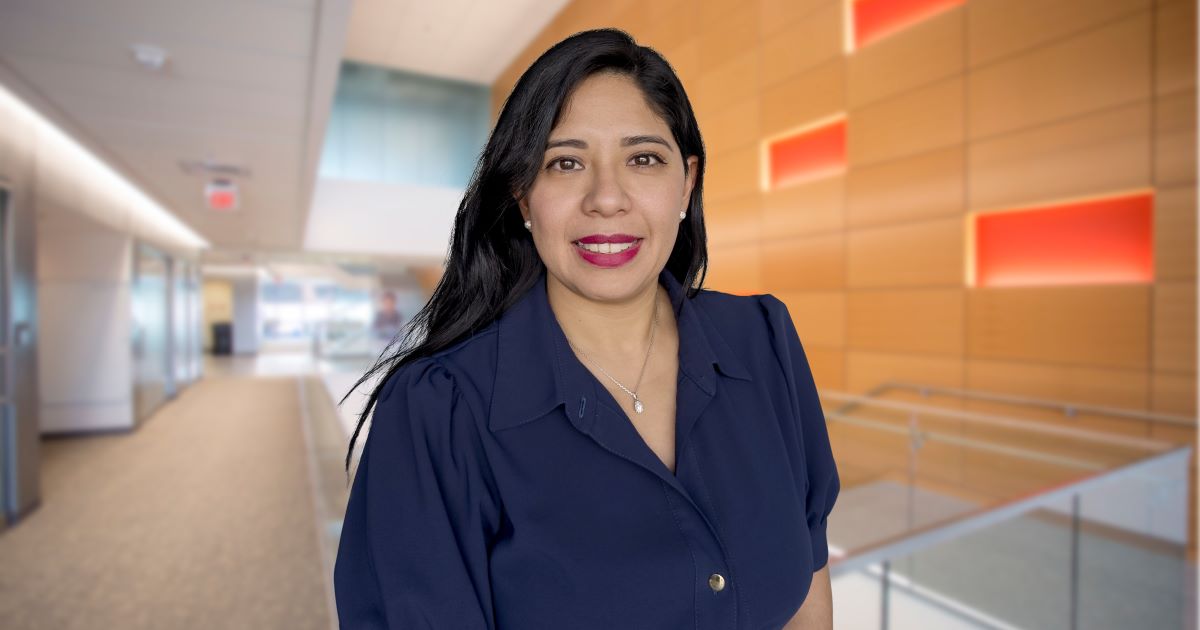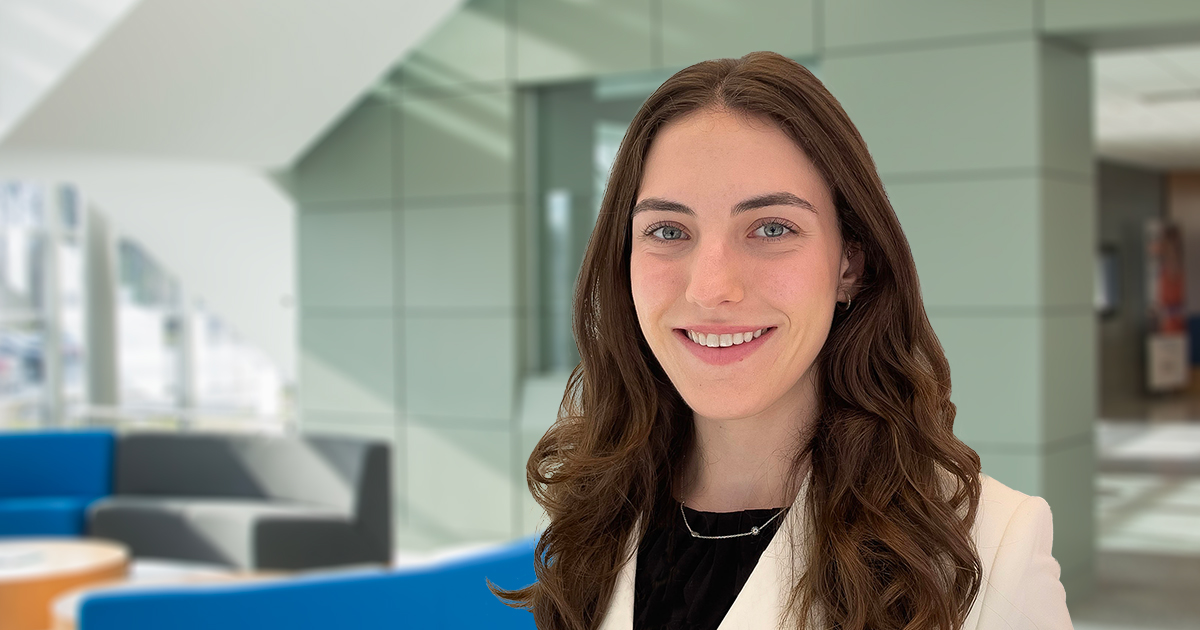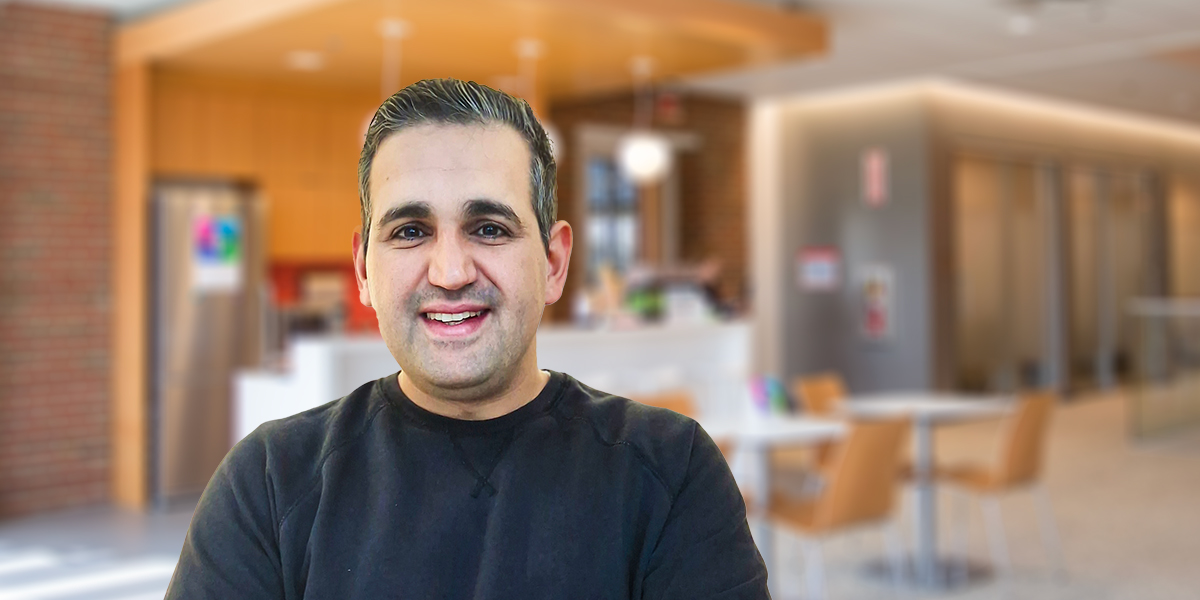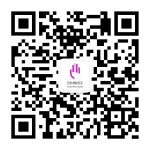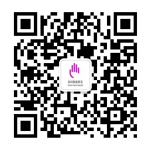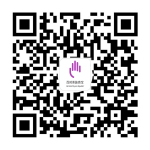Embarking on your career. It’s an exciting, promising time in life. Just ask Fizza Naqvi, DigITal Accelerator Development Program Associate at BMS. Having first come to BMS as an intern, Fizza joined BMS full time after she graduated from Rutgers University. Here and in the video at the bottom of here story, she shares her experience in our rotational career program, and what interested candidates can expect.
Fizza, let’s start with the big picture. Take us through a day in the life as a member of BMS’ rotational program.
In just one year, I’ve gotten to explore a variety of roles, from Scientific Training and Communication Specialist to IT Business Analyst, and now I’m working as an IT Functional Analyst and UI/UX Designer. With each opportunity, I’ve gained and sharpened new skills.

Working as a Scientific Training and Communications Specialist was my first role in a corporate setting coming straight out of college. So, of course I was a bit nervous, but very excited as well. One of the biggest skills I got out of that rotation was the ability to lead different training sessions. It helped me sharpen my presentation skills, which is a common theme that I’ve seen throughout all three of my rotations. I’m learning that in the pharmaceutical industry, it’s very important to have strong communication and presentation skills.
In my rotation as an IT Business Analyst, I got to work with the procurement team and delve deeply into the financial side of the industry to improve some business processes, which opened a completely new world to me. It was an experience that I would never have gotten if it weren’t for the rotational program, so I was very grateful for it.
Now, in my role as an IT Functional Analyst and UI UX Designer, I’m in my sweet spot. I was very interested in it for two reasons. First, because it’s in an IT cell therapy group, which is the type of setting I interned in at BMS. Second, I was curious in learning how IT helps to support cell therapy research from a more technical standpoint. While I’ve only been in this rotation for a few months, I’ve already learned a lot about the technical architecture of the cell therapy portal that we maintain. It’s been a wonderful growth opportunity.
What advice do you have for people who want to apply to BMS’ rotational program?
Bring your curiosity to every conversation. As a biochemistry major, I was apprehensive when applying to this program because it was specific to the IT department. So, in the application process, I made sure to showcase my leadership skills. It’s important to highlight the leadership activities you’ve been involved in, how those initiatives have helped to shape your outlook, and how those skills will help you excel in a career at BMS.
I was also very transparent. During the interview process, I was open about the fact that I was extremely interested in learning IT skills and finding a way to combine my passion for science with IT. I talked about my desire to move toward a career in IT, specifically within the pharmaceutical industry, because of my interest in science. So, I would also advise applicants to be open about their skills — those they have and those they want and are willing to learn.
Fizza, how would you describe the culture at BMS to an early career candidate?
Supportive. You’re around like-minded people that are focused on a common goal, which at BMS is to transform patients’ lives through science. People really prioritize collaboration and teamwork here, and I think that’s one of the reasons why BMS is a leading biopharmaceutical company — because people can ask each other for help and lean on each other.
I’ve also had the opportunity to develop a close relationship with all of my managers. In my time here, I’ve been able to get career advice from people who have been in the industry for many years. My managers have all been very supportive throughout the course of all three different rotations, and I’ve learned from all of them. I’ve also built my network through BMS’ People and Business Resource Groups (PBRGs). My involvement with the CLIMB PBRG — which connects colleagues across generations — has given me the opportunity to plan and lead multiple service events for BMS employees, as well as network with individuals who work in completely different areas across the company.
There is a very active effort at BMS to remove silos and learn from other people. You might not have the developer title, but if it’s something you’re interested in exploring, then you’re encouraged to set up 1:1 time with a developer and learn about the projects that they’ve been working on. In my experience, BMS invests heavily in their people, and it shows. They give you lots of opportunities to explore, network and see how other parts of the business operate. It’s a great place to start your career.
